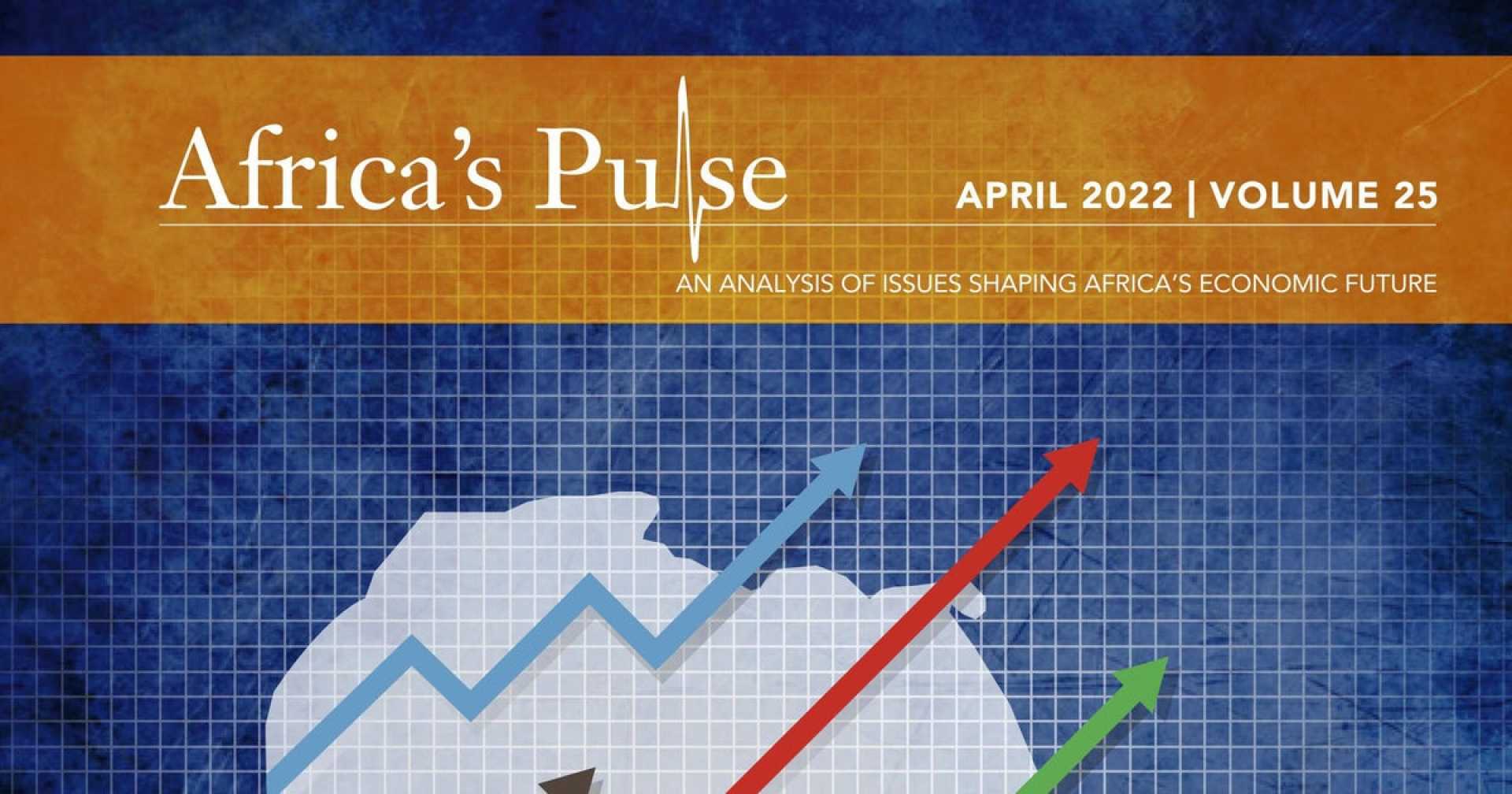News
World Bank Predicts High Interest Rates for Nigeria, Angola, and Sierra Leone

The World Bank has recently stated that Nigeria, Angola, and Sierra Leone, which are currently dealing with double-digit inflation rates and weakened domestic currencies, are likely to maintain high interest rates for an extended period. The announcement came as part of the latest Africa’s Pulse report, wherein the economic outlook for different countries across the continent was examined.
On October 17, 2024, the National Bureau of Statistics disclosed that Nigeria’s inflation rate surged to 32.70 percent in September, reversing a two-month decline trend. This change has largely been attributed to increased fuel prices, which offset the anticipated positive impact of the agricultural harvest on food prices.
The Central Bank of Nigeria responded to inflationary pressures by raising the benchmark interest rate by 50 basis points, setting it at 27.25 percent, during the recent Monetary Policy Committee meeting. This move was aimed at controlling inflation amid challenging economic conditions.
The World Bank, in its Africa’s Pulse report, emphasized that unlike some African nations opting to reduce or stabilize interest rates, Nigeria, Angola, and Sierra Leone are inclined towards a ‘higher-for-longer’ approach. The report states, “Central banks in countries that still have double-digit inflation and weakened domestic currencies will keep monetary policy rates higher for longer and may, in some cases, increase their policy rates, especially where inflation rates have not yet peaked.”
Factors such as currency instability, sluggish fiscal adjustments, and persistent cost pressures are cited as driving forces behind the decision to maintain a tight monetary stance. Countries like Ethiopia, Ghana, and Nigeria are among the worst economic performers in Africa this year, with their currencies facing significant depreciation as demand for foreign exchange remains high.
Moreover, the World Bank report highlighted fiscal pressures resulting from measures taken to mitigate social unrest due to the high cost of living. In Angola, the minimum wage has been doubled, while Nigeria has partially reinstated fuel subsidies to alleviate public discontent.
The World Bank also reported that the Nigerian naira is among the weakest currencies in Sub-Saharan Africa in 2024. By the end of August, the naira depreciated approximately 43 percent year-to-date, aligning it with other underperforming currencies like the Ethiopian birr and the South Sudanese pound.
The depreciation was driven by heavy demand for US dollars in the parallel market, along with limited dollar inflows and delays in foreign exchange disbursements by the Central Bank of Nigeria. “By August 2024, the Ethiopian birr, Nigerian naira, and South Sudanese pound were among the region’s worst currency performers,” the report stated.












